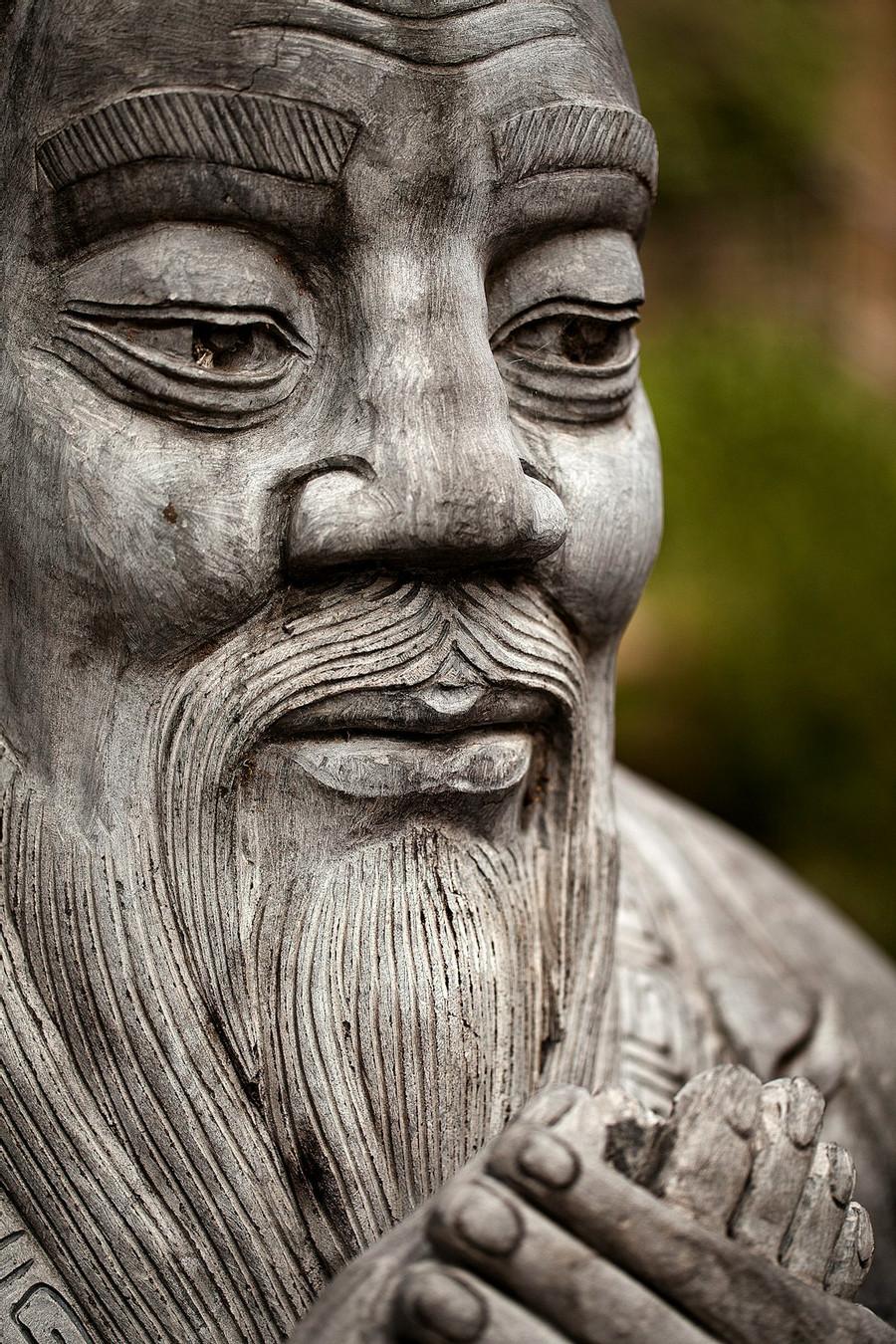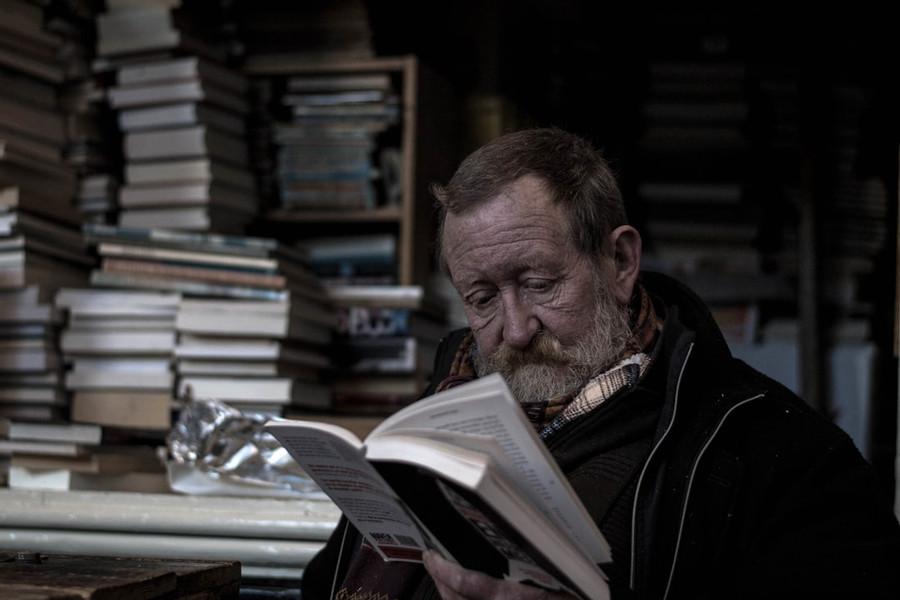Medium – Three Practices from Confucius — That Can Change Your Life
Curated from: google.com
Ideas, facts & insights covering these topics:
7 ideas
·2.42K reads
31
1
Explore the World's Best Ideas
Join today and uncover 100+ curated journeys from 50+ topics. Unlock access to our mobile app with extensive features.
Rituals
1. Rituals
At its core, Confucianism describes a way for humans to live together in the world, writes Stephen Angle in Growing Moral. One way to help us live in harmony with each other is through rituals. The Confucians’ idea of rituals could also be described as semi-scripted practices or even etiquette.
18
516 reads
In the Socrates Express, Eric Weiner (a previous podcast guest) explains,
“Thousands of miles separated Confucius and Socrates, yet the two philosophers had a lot in common. Both men occupied precarious positions, admired by their disciples, and mistrusted by the elites. Both had an informal, conversational teaching style. Both questioned assumptions. Both were sticklers for definitions. ‘If words are not right, judgments are not clear,’ Confucius said.”
20
417 reads
According to Confucianism, we need to recognize and embrace the central role of rituals in our lives. Rituals help us notice things we might not pay attention to otherwise. Do you hold the door for the person coming in behind you? What color clothing do you wear to a funeral? We all regularly follow rituals, even if we are unaware of them.
There are three dimensions to how we should think about ritual: what one does, how one does it, and its effects. Rituals help us to think about others and to integrate practices like respect and kindness into society.
19
315 reads
Reading
2. Reading
Wisdom traditions place great emphasis on the practice of reading. But very few of these traditions provide as much guidance as Confucianism. The Chinese philosopher Zhu Xi from the 12th century wrote,
“The books you read should be embodied in your person. I don’t know whether what you routinely study is on your mind at all times or not. But if it isn’t, you’re just hurrying through the texts, reading for their literal meaning and taking little pleasure in them. This, I fear, will be of no benefit to you in the end.”
19
333 reads
Angle writes that Zhu Xi advised students to keep these three rules: (1) read little but become intimately familiar; (2) don’t scrutinize the text, rather personally experience it over and over; (3) concentrate fully, without thought of gain.
The Confucian way of reading says books themselves are secondary. It is the open-minded and questioning attitude with which one reads that matters. In Confucianism, questioning and even challenging one’s teacher is seen as an acceptable way to seek greater understanding.
26
286 reads
Reflection
3. Reflection
Confucians put a significant emphasis on the practice of reflection. In the Analects, reflection generally means to look within oneself and backward in time. Although the practice of reflection is not so much about the actions but rather the motivations underlying those actions, writes Angle.
The Chinese philosopher Mengzi put it this way,
“It not the function of the ears and eyes to reflect, and they are misled by things. Things interact with things and simply lead them along. But the function of the heartmind is to reflect. If it reflects, then it will attain virtue.”
18
283 reads
Is reflection the answer to the challenge of being a good person? According to Angle, no, for two distinct reasons. First, reflection on its own is misleading. Confucius said, “Study without reflection is a waste. Reflection without study is a danger.” Reflection is not an end in itself but part of a development process.
Angle concludes, “Because reflection always comes after we’ve acted (or failed to act), it cannot be the whole answer to living a good Confucian life, but it is a crucial part of self-cultivation.”
17
272 reads
IDEAS CURATED BY
CURATOR'S NOTE
Today's generation is involved too much in the social media and they are harming their own selves. These tactics will help them in regaining their natural being.
“
Farha Naaz's ideas are part of this journey:
Learn more about habits with this collection
How to practice effectively
The importance of consistency
How to immerse yourself in the language
Related collections
Similar ideas
6 ideas
Medium – Happiness according to Tolstoy
google.com
7 ideas
3 stoic rules for productivity.
google.com
5 ideas
Medium – Where good ideas find you.
medium.com
Read & Learn
20x Faster
without
deepstash
with
deepstash
with
deepstash
Personalized microlearning
—
100+ Learning Journeys
—
Access to 200,000+ ideas
—
Access to the mobile app
—
Unlimited idea saving
—
—
Unlimited history
—
—
Unlimited listening to ideas
—
—
Downloading & offline access
—
—
Supercharge your mind with one idea per day
Enter your email and spend 1 minute every day to learn something new.
I agree to receive email updates




